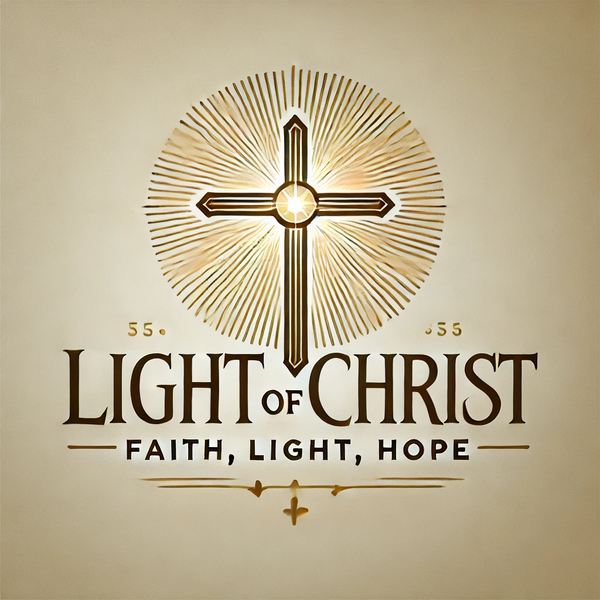
Biblical Law and Its Influence on Western Legal Systems and Values ---The Five Books of Moses
Share
I recently finished reading the book of Deuteronomy, which records the second covenant between God's people and the Lord. It left a deep impression on me, and I was especially moved by how the laws within it have influenced modern Western legal systems and social order.
- Introduction: From the Bible to Modern Civilization Concepts such as 'fair trial', 'human dignity', and 'justice under the law', which are familiar to us today, had their early forms in the Bible thousands of years ago. Especially the Ten Commandments and the Mosaic Law not only guided faith-based living but also laid the foundation for Western legal and social order.
- Overview of Biblical Law. ---The Ten Commandments Found in Exodus 20 and Deuteronomy 5, the Ten Commandments are a moral code directly given by God to the Israelites. They include universal ethical principles such as 'Do not kill', 'Do not steal', 'Do not bear false witness', and 'Honor your father and mother'. ---The Mosaic Law Comprising a total of 613 laws, they are divided into moral, ceremonial, and civil laws, guiding the Israelites in both social and religious life.
- Influence of Biblical Law on Modern Legal Systems ---Fair Trials and the Evidence System Deuteronomy emphasizes 'Do not show partiality to the poor or favoritism to the great', which influenced the establishment of fairness and justice in modern rule of law. Legal concepts such as the witness system and presumption of innocence in common law systems have biblical roots. The establishment of 'cities of refuge' also reflects the principles of protecting those guilty of manslaughter and ensuring fair judgment. ---Oaths and Integrity 'Do not bear false witness' forms the moral foundation for modern contract law and courtroom oath practices. Raising the hand before testifying in court originates from biblical traditions.
- Shaping Behavioral Norms and Social Relations ---'Love your neighbor as yourself' has become a core principle in interpersonal relationships, social welfare, and educational services. --- Integrity is a fundamental norm in business ethics and public conduct. --- The establishment of hospitals, orphanages, and universities stems from the biblical values of compassion, respect, and serving others. Organizations such as the Red Cross, the Salvation Army, Oxford University, and Harvard University were born out of Christian responses to biblical law.
- Conclusion Biblical laws were not only regulatory norms for ancient Israel but also foundational elements of modern Western legal and moral systems. From 'Do not kill' to 'Love your neighbor as yourself', from 'cities of refuge' to 'fair trials', these principles continue to influence law, justice, and civilization. 'He has shown you, O mortal, what is good. And what does the Lord require of you? To act justly and to love mercy and to walk humbly with your God.' (Micah 6:8)
